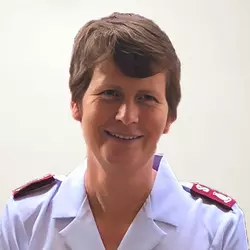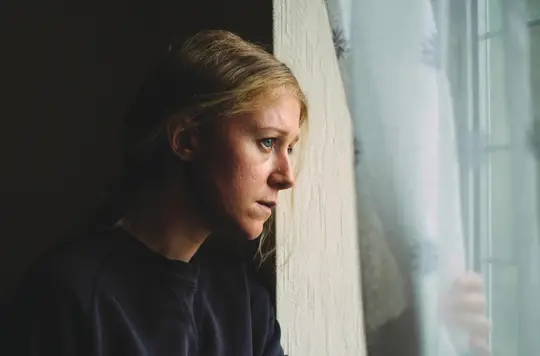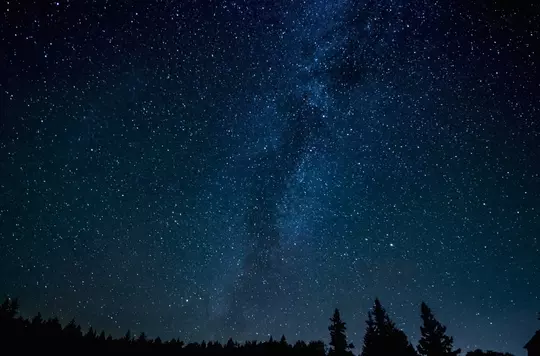23 November 2024
Climate crisis: What are you doing in response?
Major Heather Poxon

As COP29 finishes, Major Heather Poxon reflects on the deadly flooding in Spain.
This week marked the end of COP29, the 2024 UN Climate Change Conference. Speaking to the world leaders gathered, UN Secretary-General António Guterres described 2024 as ‘a masterclass in climate destruction’. We – you and I, that is – need to turn the tide, almost literally.
Mud-submerged corpses do not make for pleasant reading, yet that is the stark reality facing rescue agencies, families and communities in Valencia – to name just one of many recent flashpoints in Europe – after torrential rain led to flooding in Spain in recent weeks. More than 200 people died in the natural disaster, and communities are still responding to the aftermath. These are our neighbours, our brothers and sisters. It is very close to home, literally and metaphorically, for Salvationists in the UKI Territory.
As The Salvation Army engages in clean-up operations around the world following such unprecedented flooding, any analysis of the climate emergency calls for a personal and corporate response. William Booth famously wrote: ‘The tide is now flowing, I’m touching the wave,/ I hear the loud call of the mighty to save’ (SASB 509). I make no apology for adapting those soul-saving words to a different kind of emergency, but one which sits equally firmly within the Salvationist mandate of serving others without discrimination.
The data is writ large across the globe. The 2024 Lancet Countdown report says: ‘New records in fossil fuel-related emissions, promoted by persistent investments in fossil fuels, are reducing our chances of survival. With the most disadvantaged worst affected, health inequities are growing.’
The environmental crisis represented by the floods in Valencia challenges us not only to study the scientific facts set before us – ‘Love the Lord your God with all your … mind’ (Matthew 22:37) – but also to take seriously issues of personal responsibility, such as our lifestyles. Those who have ears to hear and eyes to read now have it impressed upon their hearts to respond. As Barack Obama told COP21 in 2015: ‘We are the first generation to feel the impact of climate change and the last to be able to do anything about it.'
The good news? The power to turn things around is still in our hands. Carbon emissions in the EU – a proven contributor to the problem – fell 8 per cent in 2023. More of the same? Yes, please! But how?
That car journey – necessity or luxury? Be honest! That flight, whether business or personal – necessity or planet polluting luxury?
How we live has an increasingly direct impact on not only how others live, but also whether they live at all.
As Christians – stewards of God’s creation, according to Genesis 2:15 – we accept our God-given privilege of stewardship. Likewise, we understand our duty of care towards those with whom we share this common home.
A paraphrase of Micah 6:8 and the Pirkei Avot by Rabbi Rami Shapirov gently reminds us: ‘Do not be daunted by the enormity of the world’s grief. Do justly, now. Love mercy, now. Walk humbly, now. You are not obligated to complete the work, but neither are you free to abandon it.’
In even only those two examples of Scripture, it is easy to define a theological foundation for environmental concern and, more to the point, a fitting response. The Bible substantiates and endorses a call to action, and provides a template for us to tread softly – you and I, that is.
Reflect and respond
- Reflect on Micah 6:8. How and why are acting justly and walking humbly linked to caring for creation?
- What changes are you willing to make to reduce your environmental footprint? Is your corps registered in an eco-church scheme? Find out more.
- Join the territory’s network of environmental champions.
Written by

Major Heather Poxon
Territorial Environmental Officer











